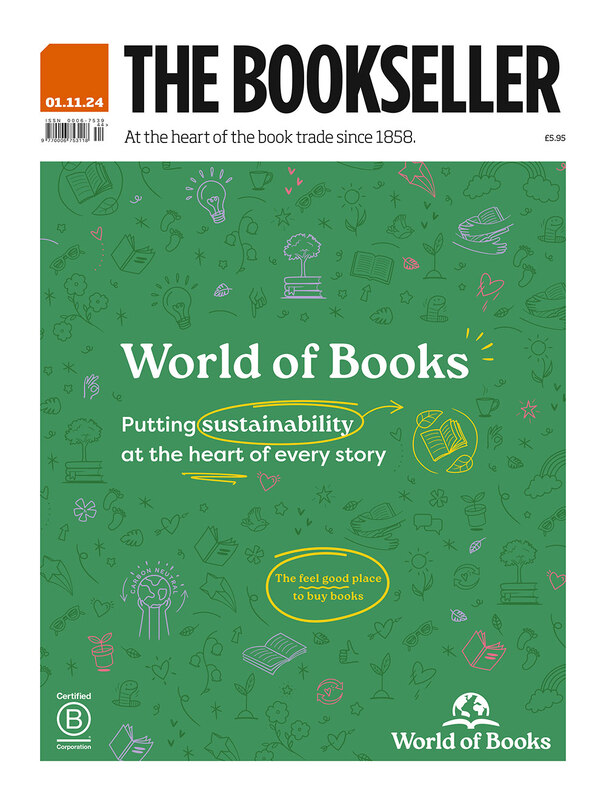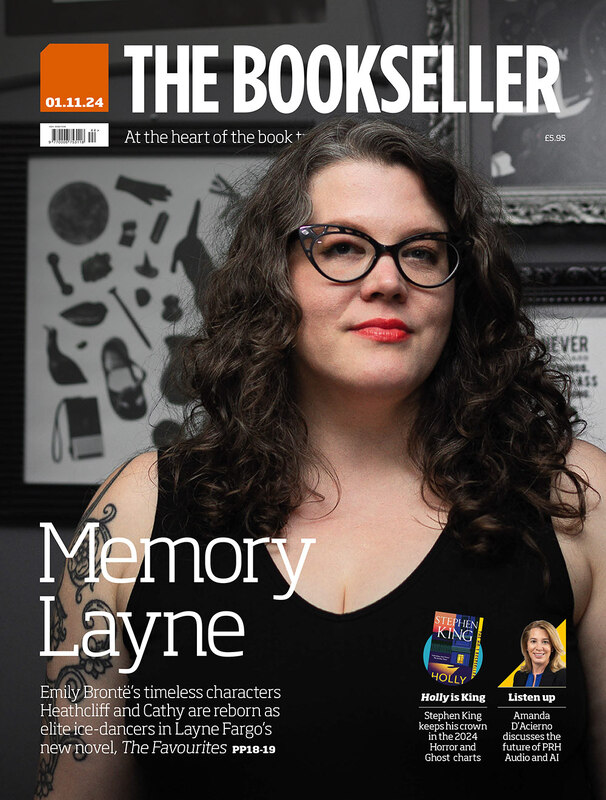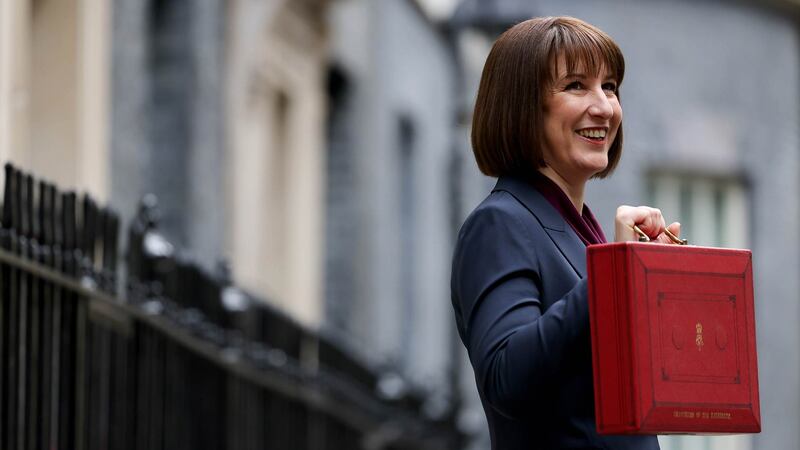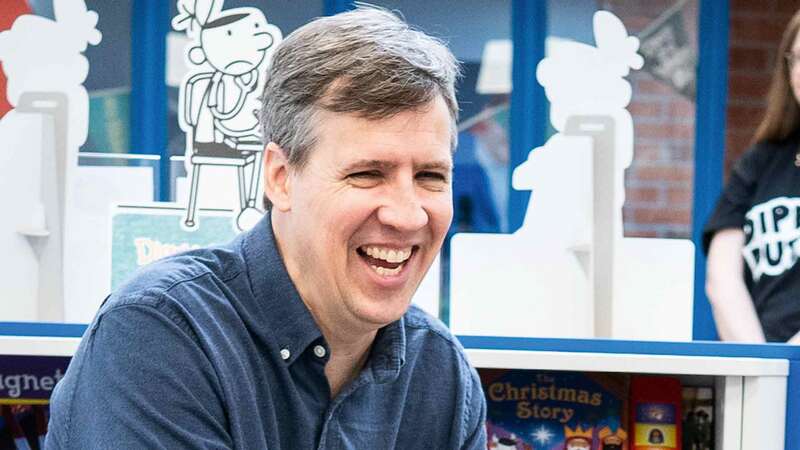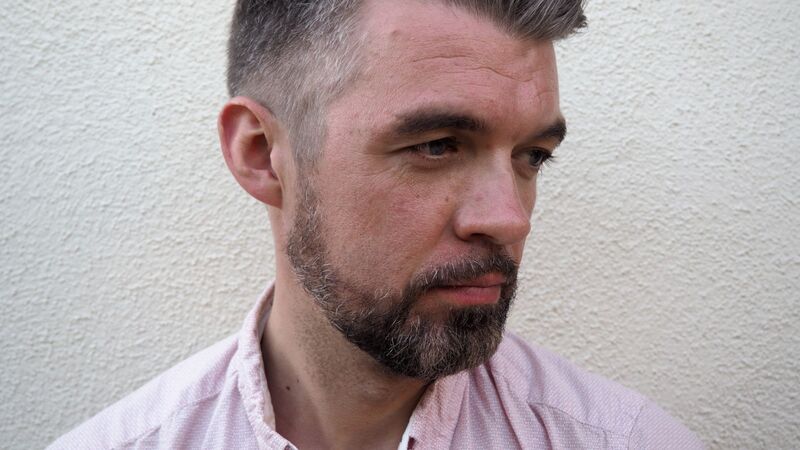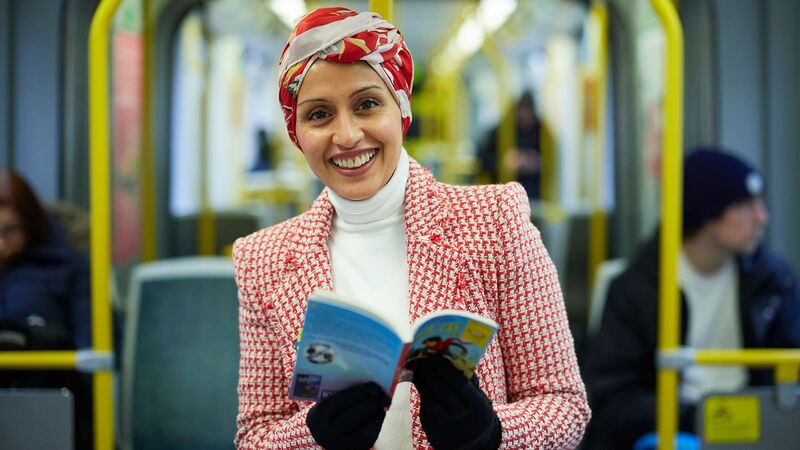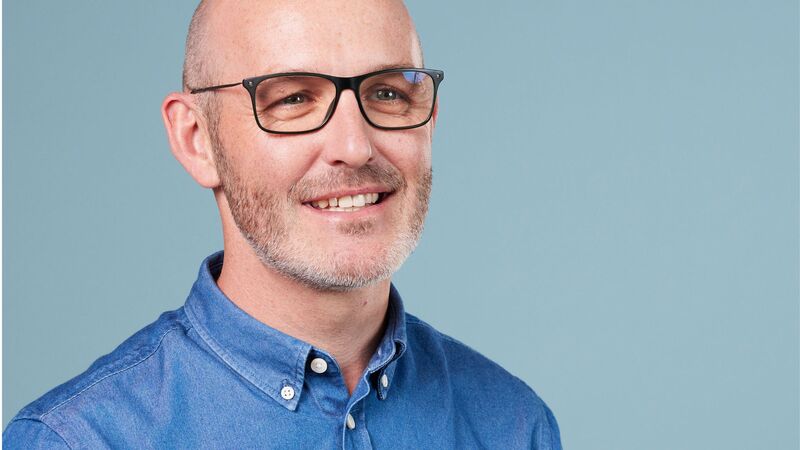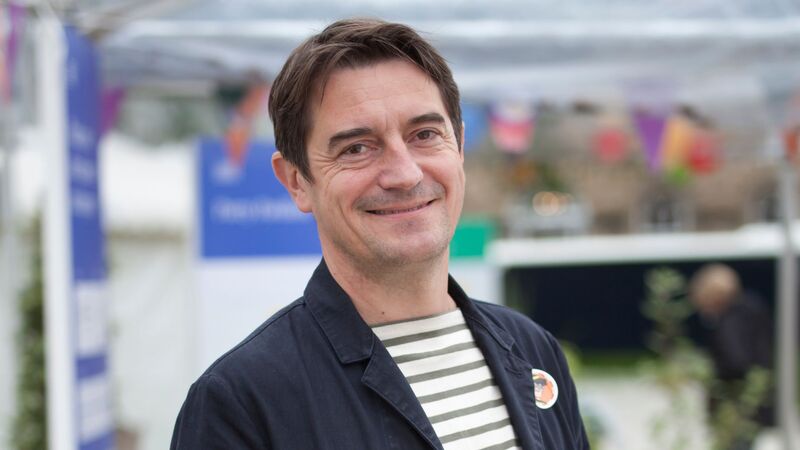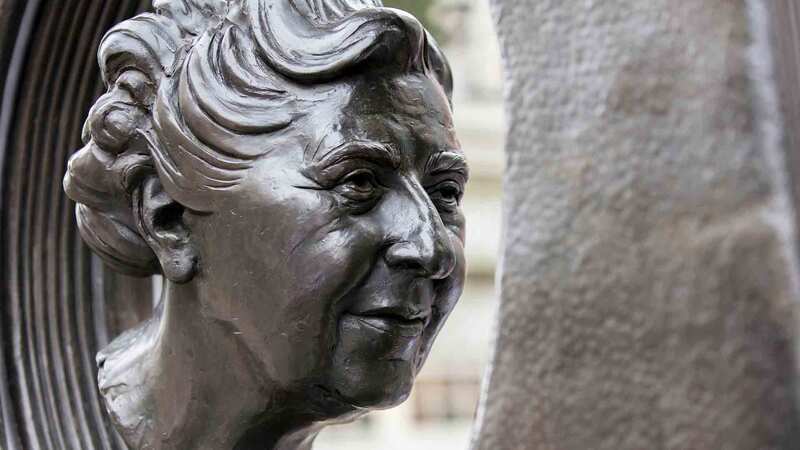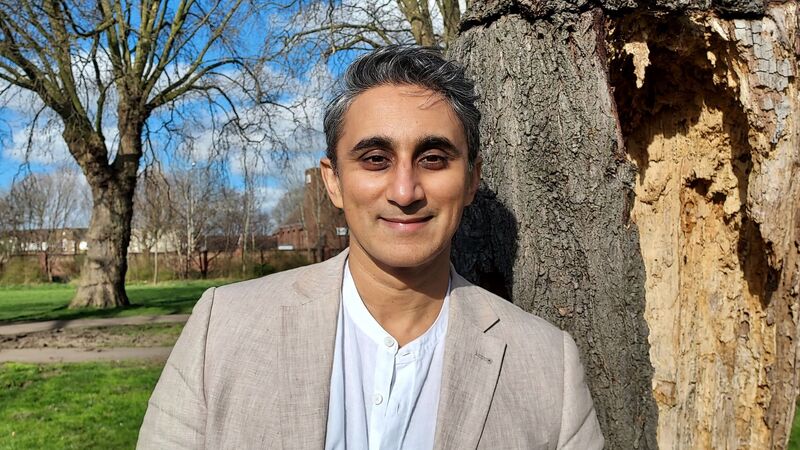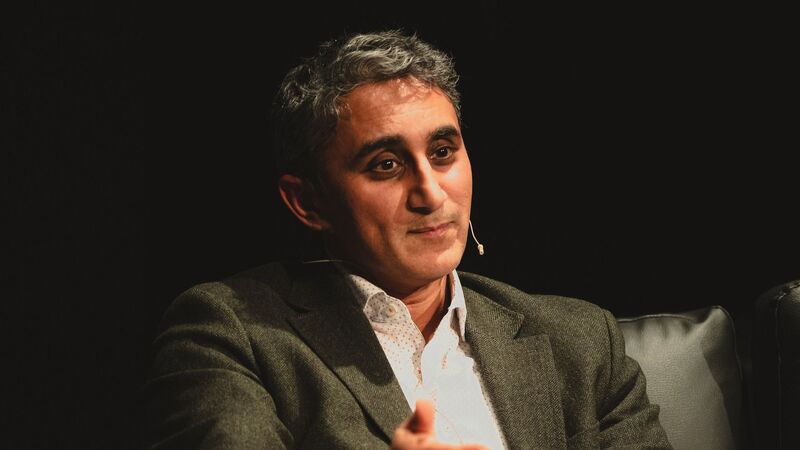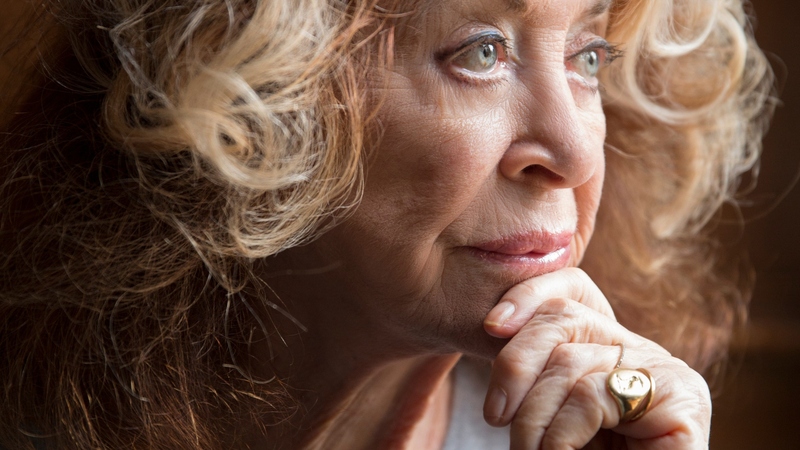You are viewing your 1 free article this month. Login to read more articles.
My reading life
I grew up in inner-city London. My parents came to the UK from the subcontinent 40-odd years ago. My father was a factory worker and didn’t read. My mother was busy raising a family of young children. Reading was only introduced to me when I started school. Because of this, I began life as a hesitant reader. But my teacher’s enthusiasm infected me, and reading became my escape from what was a difficult life.
However, we couldn’t really afford to buy books and it wasn’t until I discovered the local library that my life changed. For the first time, I could choose my own books. I could travel the world, live out a thousand different adventures. It was in the library that I discovered the Hardy Boy mysteries, Watership Down and Terry Pratchett’s amazing Discworld series, which directly led to me writing my first novel, aged 17, a fantasy/SF/comedy mash-up (it was awful, and rightly rejected).
But reading was more than an escape. It nurtured a love of learning, and this, in turn, laid the foundation for a great education, a great career and, eventually, the fulfilment of my dream of becoming an author.
Bookshops too have played their part. When I started college, I was given a £400 grant to spend on textbooks. I spent most of it on paperbacks. When my parents found out they were predictably horror-struck. I tried to explain to them that these were textbooks; or at least, essential reading for the author’s life I aspired to. (Today, publishers and booksellers might aim to increase traction with communities which traditionally don’t value fiction as a means of improving education—such as the Asian community—perhaps by using authors such as myself!). Almost 30 years later, I still have some of those books — Lord of the Rings, 2001: A Space Odyssey, Interview with the Vampire—neatly covered in plastic, talismans from that critical phase of my life when I went from being an everyday reader to someone who began to understand the transformative power of fiction.
And this is what lies at the heart of the Quick Reads programme. Reading is empowering because literacy enables us to change not only society as a whole, but individual lives. The programme realises that all of us, no matter what our background, love great stories. After all, we humans have had a tradition of storytelling ever since our ancestors first gathered around a campfire. But not everyone has the time to read, or the same confidence in their reading ability. The Quick Reads books address these problems by providing great stories by well-known authors in an easy-to-read format.
It took me 23 years from that first novel to finally be published. The Unexpected Inheritance of Inspector Chopra, a crime story set in modern India and featuring a baby elephant, became a bestseller and launched my career as an author. I was truly delighted to be asked by The Reading Agency to write a Quick Read this year: Inspector Chopra and the Million Dollar Motor Car. My aim is to transport readers to modern India, the most incredible place I have ever been. In the process, if I can help just one reader gain a little more confidence, I will consider it a more than worthwhile endeavour.
The Quick Reads titles for 2018 are: Cut Off by Mark Billingham (Little, Brown), The Great Cornish Getaway by Fern Britton (HarperCollins), Clean Break by Tammy Cohen (Transworld), Inspector Chopra and the Million Dollar Motor Car by Vaseem Khan (Hodder & Stoughton), The Beach Wedding by Dorothy Koomson (Arrow) and Six Foot Six by Kit de Waal (Viking).

